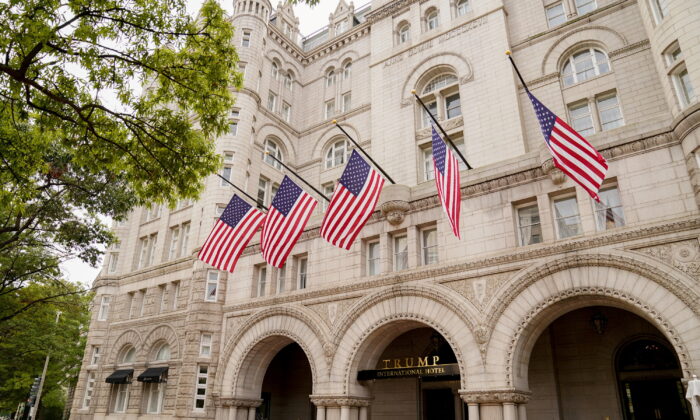Did Trump Really Believe the Election Was Stolen? Here Is Why It Matters.
The new federal charges against Trump depend on the assumption that his claims were "knowingly false."
According to the indictment, Trump did all this as part of a criminal plot to remain in power. He knew his grievance was phony, and he knew the tactics he was using to overturn the election results were illegal.
That interpretation is plausible, but so is an alternative explanation that will be at the center of Trump's defense. Trump, who to this day insists the election was stolen, maintains that he was pursuing legitimate remedies for a grave injustice. He says he relied on advice from lawyers like Rudy Giuliani and John Eastman, both of whom the indictment describes as co-conspirators. Unlike the many skeptics in Trump's circle, those advisers reinforced his conviction that he had won and assured him that he had legal options to change the outcome even after the electors were certified.
To support its interpretation, the government cites evidence suggesting that Trump understood he had lost. During a meeting with Joint Chiefs of Staff Chairman Mark Milley and other national security advisers on January 3, 2021, the indictment says, Trump "calmly" accepted a recommendation that the issue they were discussing should be left for the next administration, since Biden's inauguration was just 17 days away. "Yeah, you're right," Trump allegedly said. "It's too late for us. We're going to give that to the next guy."
Three days before the Capitol riot, that conversation suggests, Trump acknowledged the reality that he would be leaving the White House on January 20. But that does not necessarily mean he accepted the legitimacy of that result. On the day of the riot, the indictment notes, Trump declined to intervene, "instead repeatedly remarking that the people at the Capitol were angry because the election had been stolen." Late that afternoon, Trump "joined others in the outer Oval Office to watch the attack on the Capitol on television" and remarked, "See, this is what happens when they try to steal an election. These people are angry. These people are really angry about it. This is what happens." That sounds more like a true believer than a con man.
In favor of the latter reading, the indictment notes that Trump had previously expressed skepticism about a baroque conspiracy theory promoted by Sidney Powell, a lawyer whom the indictment describes as "Co-Conspirator 3." Two weeks after the election, Powell appeared at a
press conference alongside Giuliani and Trump campaign lawyer Jenna Ellis, who described Powell as a member of the campaign's "elite strike force team." In that capacity, Powell outlined an elaborate international plot involving Dominion Voting Systems, tricky software, fake ballots, election officials across the country, George Soros, the Clinton Foundation, deceased Venezuelan strongman Hugo Chavez, and "communist money through Venezuela, Cuba, and likely China."
At a meeting with advisers that same month, the indictment says, Trump conceded that Powell's "claims regarding the voting machine company" were unsubstantiated and remarked that she sounded "crazy." Trump nevertheless
publicly embraced the essence of Powell's story: that software supplied by Dominion had "switched" massive numbers of Trump votes to Biden votes. Did Trump cynically promote that claim, knowing it to be false, or did he decide, in his desperation to avoid conceding the election, that maybe it was not so crazy after all? With Trump, either motivation is possible.






